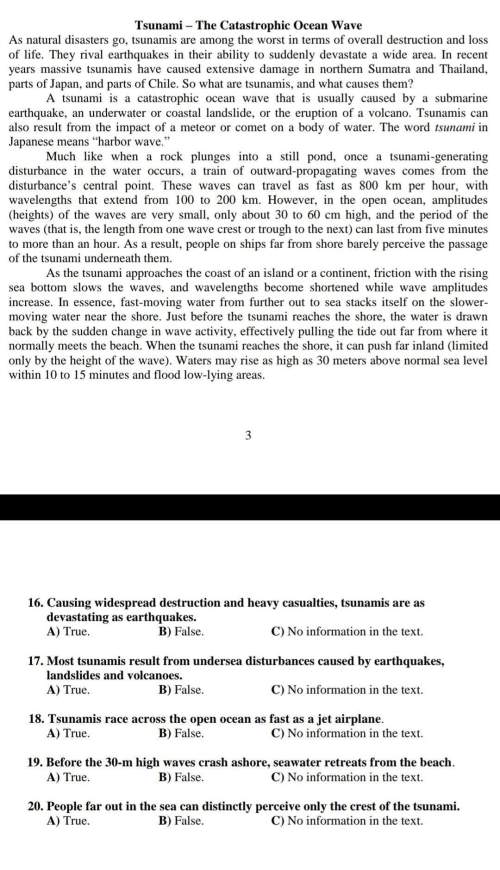
Read the excerpt from the introductory note of The Autobiography of Benjamin Franklin.
“Benjamin Franklin was born in Milk Street, Boston, on January 6, 1706. His father, Josiah Franklin, was a tallow chandler [candle maker] who married twice, and of his seventeen children Benjamin was the youngest son. His schooling ended at ten, and at twelve he was bound apprentice to his brother James, a printer, who published the ‘New England Courant.’ To this journal he became a contributor, and later was for a time its nominal editor. But the brothers quarreled, and Benjamin ran away, going first to New York, and thence to Philadelphia, where he arrived in October, 1723.”
Which is the best summary of this excerpt?
1.Benjamin Franklin was born in 1706. He went to Philadelphia in 1723 after a fight with his brother.
2.Benjamin Franklin, born in Boston in 1706, was the youngest of his father’s seventeen children. He stopped going to school at age ten, and soon after started apprenticing for his brother James, a printer, who published the “New England Courant.” Franklin became a writer and editor for the paper, but left Boston for Philadelphia in 1723 after an argument with James.
3.Benjamin Franklin, born in 1706, lived in Boston, New York, and Philadelphia in his early life.
4.Benjamin Franklin was born in Boston in 1706. He was the youngest of his father’s seventeen children. His father, Josiah, was a candle maker. Franklin’s schooling ended at age ten, and at age twelve, he started apprenticing for his brother James, who published the “New England Courant.” After apprenticing, Franklin started contributing to the paper. Later, he became an editor.

Answers: 3
Another question on English

English, 21.06.2019 14:30
According to the article, what is the author's point of view toward rebellion in adolescence (i.e. good, bad, necessary evil)? cite evidence from the text in your answer. (source is rebel with a cause: rebellion in adolescence)
Answers: 3

English, 21.06.2019 16:00
Read the excerpt from act iii of the importance of being earnest. jack. [in a pathetic voice.] miss prism, more is restored to you than this hand-bag. i was the baby you placed in it. miss prism. [amazed.] you? jack. [embracing her.] yes . . mother! miss prism. [recoiling in indignant astonishment.] mr. worthing! i am unmarried! jack. unmarried! i do not deny that is a serious blow. but after all, who has the right to cast a stone against one who has suffered? cannot repentance wipe out an act of folly? why should there be one law for men, and another for women? mother, i forgive you. [tries to embrace her again.] what is the best conclusion that can be drawn about jack, based on his words and actions in this excerpt? he has a tendency to be rude. he is inclined to show his emotions. he has a tendency to be gullible. he is inclined to be unresponsive.
Answers: 2

English, 21.06.2019 23:00
5. how might the statement, “the almighty has his own purposes” (line 39) relate to lincoln’s purpose in giving this speech?
Answers: 2

English, 22.06.2019 02:00
Which pair of words has similar denotation but different connotations?
Answers: 2
You know the right answer?
Read the excerpt from the introductory note of The Autobiography of Benjamin Franklin.
“Benjamin Fr...
Questions








Biology, 22.08.2019 10:30

Chemistry, 22.08.2019 10:30


Social Studies, 22.08.2019 10:30

Mathematics, 22.08.2019 10:30

Mathematics, 22.08.2019 10:30

English, 22.08.2019 10:30


Mathematics, 22.08.2019 10:30

History, 22.08.2019 10:30

Social Studies, 22.08.2019 10:30

Mathematics, 22.08.2019 10:30




